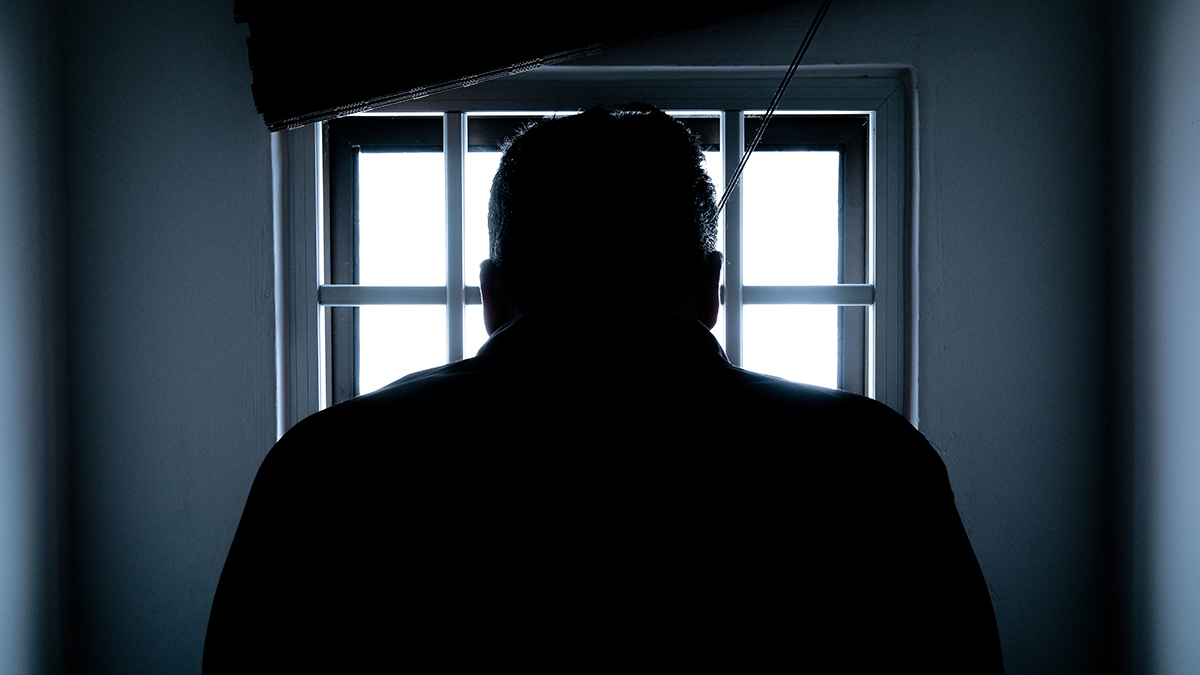I will always remember the time I went to visit a convicted murderer in Australia. Being left alone in a maximum security prison with a notorious reputation (prisoners had killed each other inside this jail), not being able to see a guard and being left with someone I didn’t know was emotionally exhausting.
I was following up a lead from the Adventist Discovery Centre1. It seemed the inmate just wanted to chat with someone from “outside”. I did not visit again, however a church group came to the jail later, to play some cricket and volleyball with the prisoners.
I also visited Wewak prison in Papua New Guinea just before attending a huge regional Sabbath School. Tropical rain was falling. The inmates ran from their dormitory cells to the small cement block chapel without wearing the usual prison uniform—a special privilege for them. The guards were present but relaxed—one worshipped with us as we sang hymns from the Adventist hymn book. [pullquote]
My throat could not get the words of “Lord I am coming home” out as my eyes moistened and tears streamed down my face. “I’m tired of sin and straying, Lord, now I’m coming home . . .” These men had gathered to worship God and, from the volume and harmony, I knew they were giving it their all.
I didn’t need to know why they were there—they were caught doing evil, something that my mind and every human’s mind can conceive. The only difference between us is that we didn’t commit the crime (or were not caught). But the thing that stirred up my emotions in this fellowship was not that we were all sinners but that we were sinners saved by Jesus’ grace.
By the time I spoke on Philippians 1:6 I had regained my composure. Not before a rethink, however, about my personal need for a Saviour to rescue me from myself, sin and death. And not before a recommitment to the One who gave His life for me.
The apostle Paul wrote to the new Christians in the churches in Philippi from a prison cell. His crime was an unwavering passion for Jesus. Imprisonment did not deter this passion. In his introduction he writes, “And I am certain that God, who began the good work within you, will continue his work until it is finally finished on the day when Christ Jesus returns” (NLT).
At some building sites I have seen the letters WIP on large signs. It means Work In Progress. I suggested to the inmates in Wewak prison that their uniform had WIP in large letters on it. I also suggested that those of us who had come from the local supporting church2 had the same letters displayed.
Every human who gives Jesus an opportunity to work in their lives is a work in progress. Jesus, the mighty Son of God, has the love and power to change each one of us from the inside out. He can free us from the prison of our guilt, fear and anger. Sometimes the change is dramatic; other times it seems to take forever. Jesus can free us from the ultimate prisons of sin and death. No other religious leader has dealt with these opposing obstacles. Yet Jesus died to take the real punishment of my sin (Philippians 2:6; 2 Corinthians 5:21) and He rose again to conquer death for everyone (Philippians 3:10,11,20,21; 2 Corinthians 5:14,15). You just have to believe. These are the things many Christians consider over Easter.
When a person chooses to believe in Jesus, the Bible says He takes up residence in their heart and mind (Philippians 2:13; 2 Corinthians 1:21). That’s why Paul is certain that what God starts, He will finish. We are all WIP but as long as He is in our lives you and I have an eternal future—prison free!






